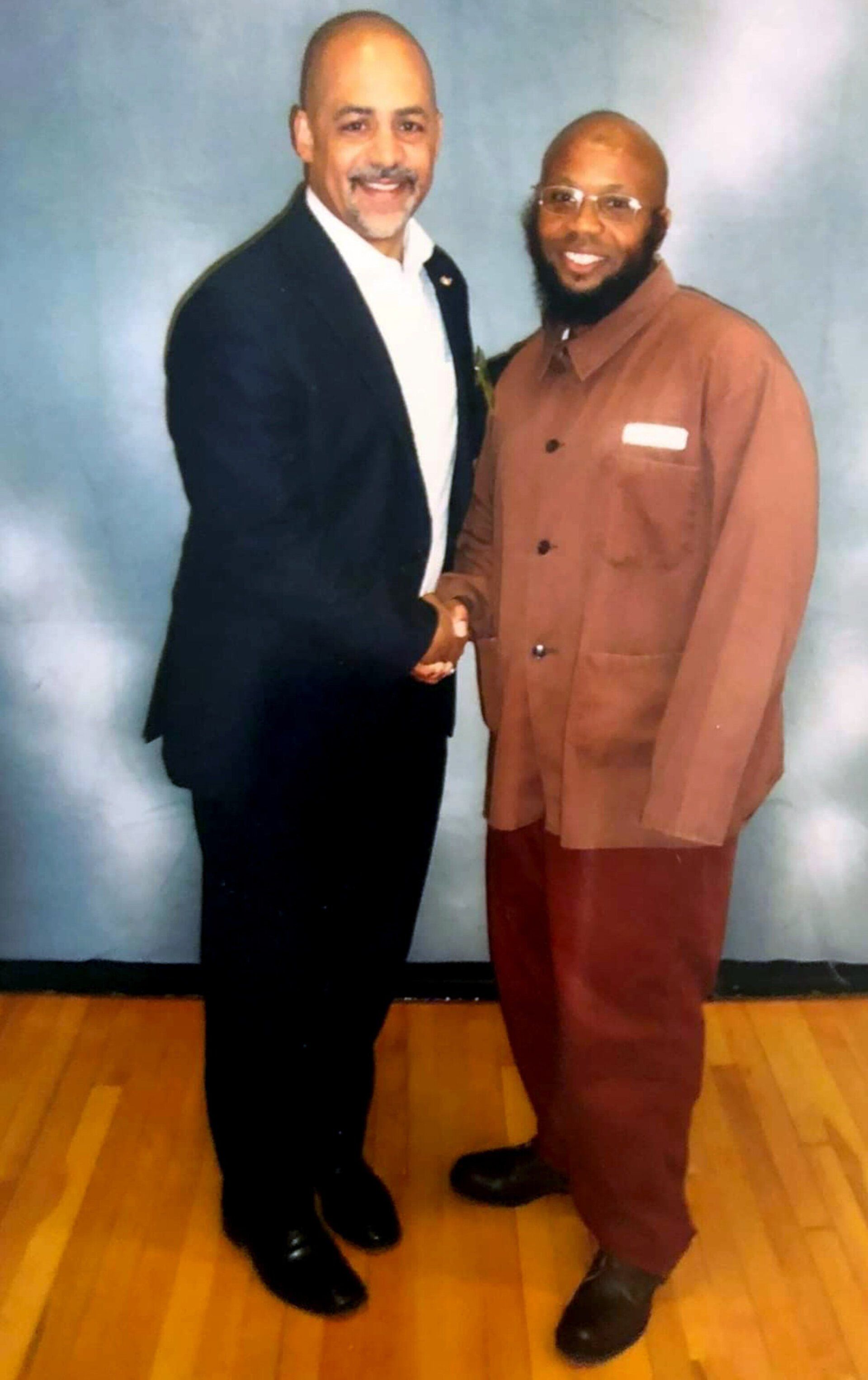Felony Murder Laws Finally Up For Debate in the US
"Tyreem used to be on my block; good guy. Doesn't deserve to die in here."

Tyreem Rivers was just 18 years old when he was sentenced to life without parole. He didn’t intend to hurt the elderly woman he followed home from the bank. He just wanted her black leather pocketbook stuffed with cash. As she climbed the stoop to her front door, he snatched the purse and ran. He did not shove or hit the woman, court records show. But 85-year-old Mary Tonzola tumbled down her front steps, breaking several bones. She died two weeks later, after picking up infections in the hospital.
The day Rivers learned of her death, in June 1996, was the day the 18-year-old was arrested in her murder. The following year, he was sentenced to life in prison with no possibility of parole. He has been behind bars for 26 years. Rivers is one of more than 1,000 people in Pennsylvania serving a mandatory life in prison without parole sentence for felony murder, a legal stipulation that allows people to be convicted of second degree murder even if they didn't directly participate in the killing or intend to cause death.
Abbie VanSickle, a staff writer with The Marshall Project, went to interview Rivers for a project she was working on about people serving life sentences in prison. As she waited for a corrections officer to wipe down the interview booth, another officer approached her.
"Tyreem used to be on my block. Good guy," he said. "Doesn't deserve to die in prison."
*****
Pennsylvania has one of the strictest felony murder laws in the country and is currently facing legal scrutiny in a case in the hands of the Pennsylvania Supreme Court. The issue was further brought into the spotlight in one of the biggest political races of the 2022 midterms; the Pennsylvania US Senate race between Democrat Lt. Governor John Fetterman and Republican TV Doctor Mehmet Oz. Fetterman said he didn't want LWOP sentences to be mandatory for all people in Rivers' situation and to allow judges more discretion in those cases. Oz then called Fetterman "pro-murderer" on Fox News.
Fetterman's victory in the Pennsylvania US Senate race was one of the major news moments of the midterms, and it remains to be seen whether there will be any changes at the state level affecting mandatory LWOP sentences for people like Tyreem Rivers. It does show how important it is to educate people on what felony murder laws are. It shows how the broad application of a archaic, outdated legal doctorine needs to be examined more widely, especially considering the overwhelming presence of racial bias present in the system from arrest to sentencing.
The issue of felony murder and mandatory LWOP sentences is deeper and more nuanced than "pro-murderer" and anything that's seen during a 30 second political ad. Advocates and change makers must get to know the people it affects, from the incarcerated on down through their families and communities.
To read more about Tyreem Rivers' story, the battle in Pennsylvania over the felony murder rule, read VanSickle's article with collaborator Cary Aspinwall "Fetterman and Oz Battle Over Pennsylvania’s Felony Murder Law" at The Marshall Project.










